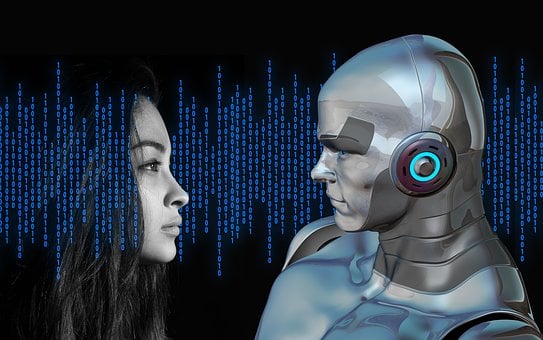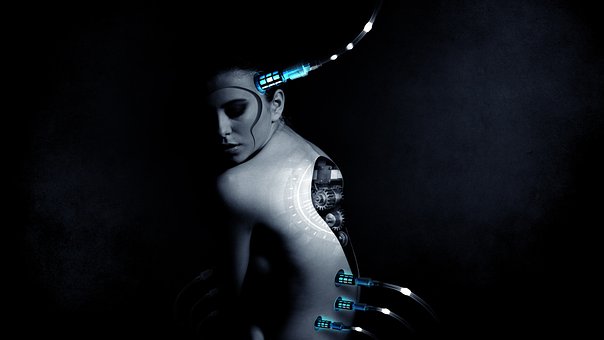Artificial Intelligence (AI) is a rapidly developing field of technology that is revolutionizing many aspects of our lives. From self-driving cars to personalized healthcare, AI is transforming the way we live and work. In this article, we explore the history, applications, and future of AI.
History of AI
The idea of creating machines that can think like humans dates back to ancient Greek mythology. However, the modern era of AI began with the development of electronic computers in the 1950s. In 1956, a group of researchers at Dartmouth College organized a workshop that is now considered the birthplace of AI. They proposed creating machines that could perform tasks that require human intelligence, such as playing chess or solving mathematical problems.
In the 1990s, AI experienced a resurgence, thanks to the development of machine learning algorithms that allowed computers to learn from data. The rise of the Internet and the availability of vast amounts of data has fueled the growth of AI.
Applications of AI
Today, AI is used in a wide range of applications, from self-driving cars to virtual personal assistants. Here are some of the most common applications of AI:
Natural language processing: AI is used to develop virtual personal assistants, chatbots, and other tools that can understand and respond to human language.
Image and speech recognition: AI is used to develop systems that can recognize images and speech. The technology is used in everything from facial recognition software to voice assistants like Siri and Alexa.
Machine Learning: Machine learning algorithms are used to analyze large amounts of data and make predictions based on that data. This technology is used in everything from fraud detection to personalized marketing.
Robotics: AI is being used to develop robots that can perform a wide range of tasks, from manufacturing to healthcare.
Autonomous vehicle: AI is being used to develop autonomous vehicles and other autonomous vehicles that can navigate roads and make decisions based on real-time data.
The future of AI
The future of AI is both exciting and uncertain. On the one hand, AI has the potential to revolutionize many aspects of our lives, from healthcare to transportation. On the other hand, there are concerns about the impact of AI on jobs and privacy.
One of the biggest challenges facing the AI industry is the need for transparency and accountability. As AI becomes more advanced, it becomes harder to understand how decisions are made. This has led to calls for increased transparency and accountability in the development and deployment of AI systems.
Conclusion
AI is a rapidly developing field of technology that is transforming the way we live and work. From self-driving cars to virtual personal assistants, AI is used in a wide range of applications. While the future of AI is uncertain, it is clear that technology has the potential to revolutionize many aspects of our lives. As we continue to develop and deploy AI systems, it's important to consider that




